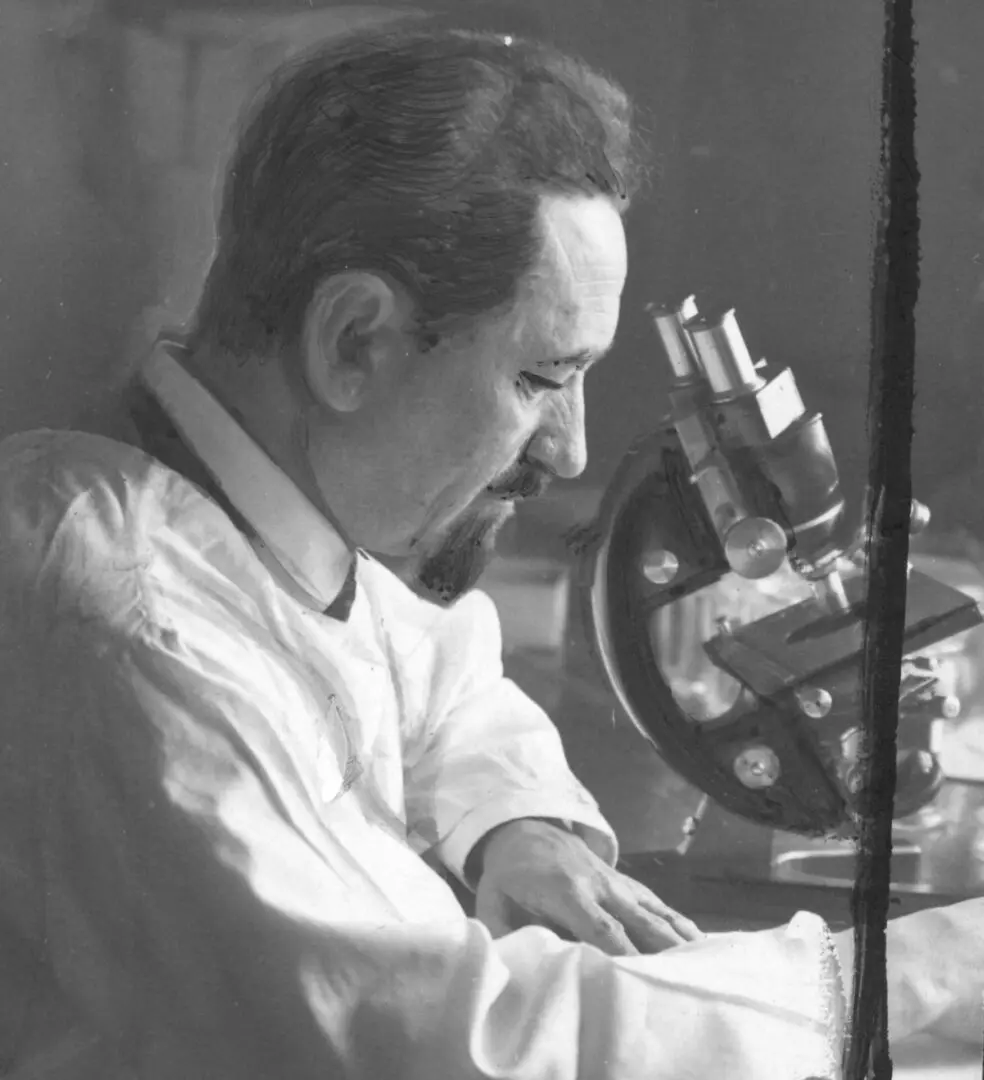
Polish Biologist Develops First Effective Typhus Vaccine and Secretly Treats Jews during World War 2
Rudolf Weigl (1883 – 1957) invented the first effective vaccine against epidemic typhus, a disease that terrified the Germans because it had killed thousands of their soldiers in World War I.
He founded the Weigl Institute in Lwów, Poland (now Lviv, Ukraine), where he conducted his vaccine research. During World War II, he harbored Jews in his laboratory and thereby risked execution by the Germans. He also had his vaccines smuggled into the Lwów Ghetto and the Warsaw Ghetto, which saved numerous Jewish lives.
When the Germans occupied Lwów in 1941, they ordered Weigl to establish a vaccine production plant for them at his Institute. About a thousand people worked there, which enabled him to employ and protect members of the Polish underground, Polish intellectuals, and Polish Jews.
Weigl made sure his institute sent weakened vaccines to the German army, while at the same time he had the stronger product, approximately 30,000 doses, smuggled to Polish Jews imprisoned in the ghettos. One smuggling method that Weigl used was to tell the Germans he needed to do experimental work to make sure the vaccine was working well. He used this as a pretense to bring it into the ghetto and vaccinate the Jews there. This continued until his Institute was shut down by the Soviet army following their 1944 anti-German offensive.
Following the border changes in the aftermath of the war, Weigl moved to Kraków in southern Poland. He was appointed chair of the General Microbiology Institute at the Jagiellonian University, and later chair of biology in the medical faculty at the University of Poznań. He retired in 1951, but production of his vaccine continued for several years. Weigl died on 11 August 1957 in the Polish mountain resort of Zakopane at age 73. He was buried at the historic Rakowicki Cemetery in Kraków.
In 2003, 46 years after his death, Rudolf Weigl was awarded the title of Righteous Among the Nations by Israel’s Yad Vashem, which recognizes those who risked their lives to save Jews. It’s important to note that the number of Righteous Poles exceeds by far the number of Righteous from any other country. It’s also important to note that Poland was the only German-occupied country where anyone aiding a Jew was subject to execution together with immediate family.
